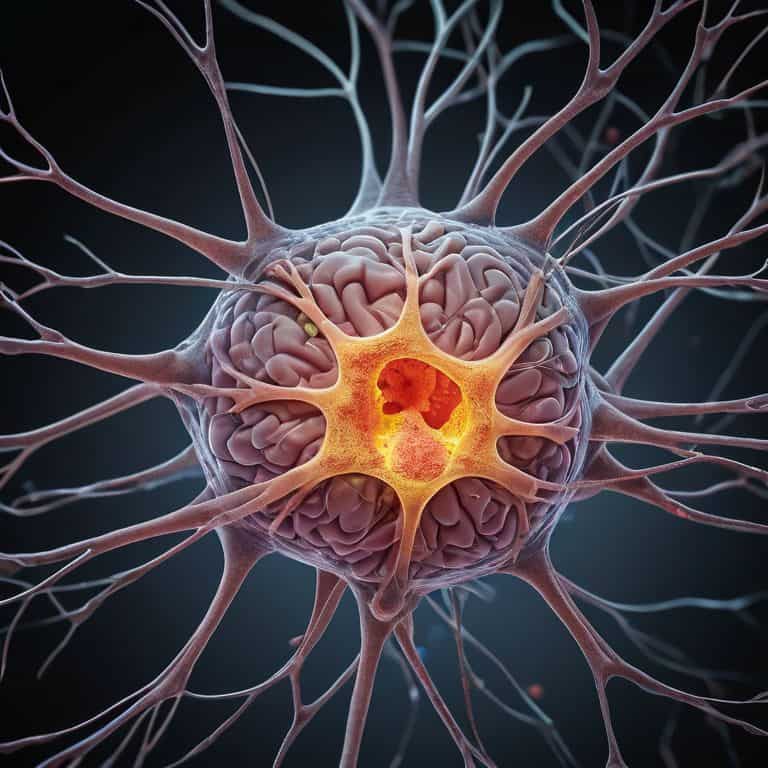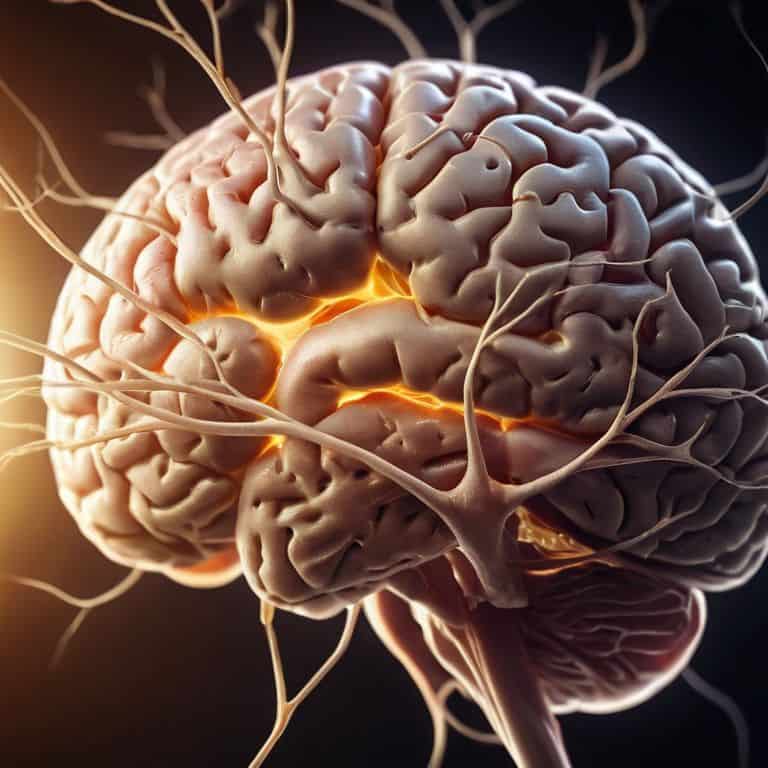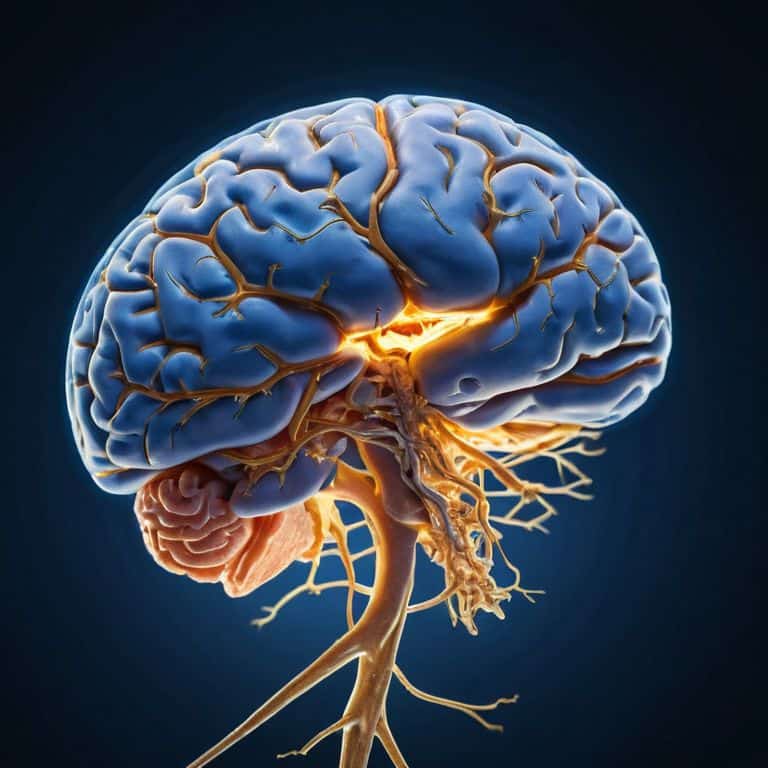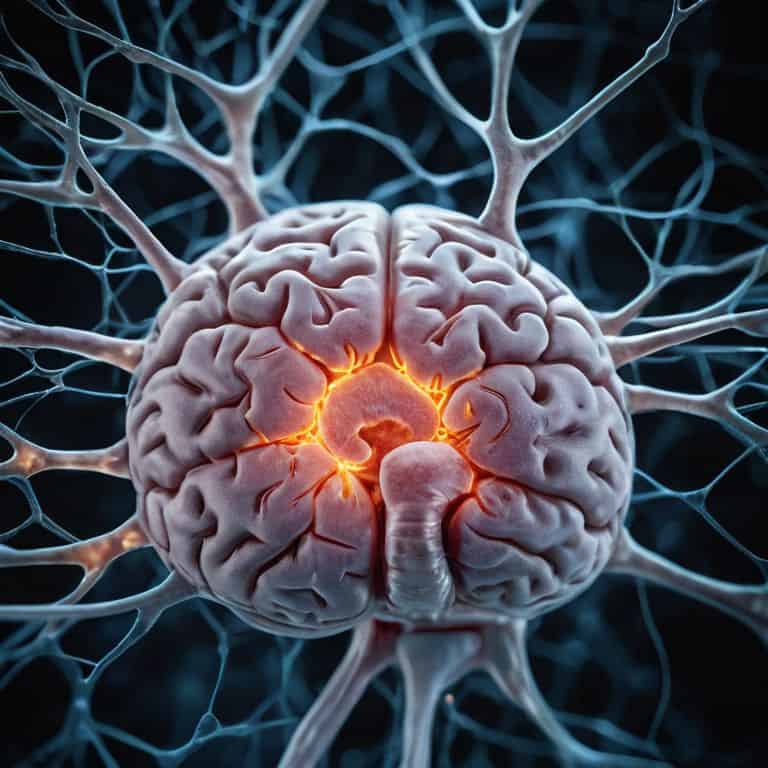As I lace up my trail running shoes and hit the winding paths, I often find myself pondering the intricacies of our internal rhythms, particularly the concept of what is the master clock in the brain. It’s astonishing how often this fundamental aspect of our biology is shrouded in mystery or, worse, exploited by the wellness industry with fancy gadgets and quick fixes. The truth is, understanding our master clock is not about buying into the latest trend, but about grasping the simple, scientifically-backed principles that govern our bodily functions.
My goal with this article is to cut through the noise and provide you with actionable, evidence-based advice on how to work with your master clock, not against it. I’ll share my personal experiences, garnered from years of studying neuroscience and navigating the challenges of burnout, to offer a no-nonsense guide to taking control of your health. By the end of this journey, you’ll be equipped with the knowledge to synchronize your daily routines with your internal rhythms, ditching the gimmicks and embracing a more authentic path to wellness.
Table of Contents
Demystifying What Is the Master Clock

To truly understand the concept of our internal timekeeper, we must delve into the circadian rhythm regulation that governs our bodily functions. This intricate process is controlled by a small group of cells in the brain, known as the suprachiasmatic nucleus (SCN), which responds to light and dark signals from the environment to synchronize our physiological processes. The SCN plays a crucial role in regulating our sleep-wake cycle, hormone release, and other essential functions.
The brain regions involved in sleep, such as the hypothalamus and pineal gland, work in tandem with the SCN to maintain our internal clock. Neurotransmitters affecting sleep patterns, like melatonin and serotonin, are also regulated by the SCN, ensuring that our sleep-wake cycle remains balanced. The impact of light on the suprachiasmatic nucleus is significant, as it helps to reset our internal clock and maintain a consistent sleep schedule.
In some cases, sleep disorders related to the master clock can occur, disrupting our natural sleep-wake cycle. This can be due to various factors, including genetic predispositions or external influences like shift work or travel across time zones. By understanding the complex relationships between our internal clock, brain regions, and external factors, we can better appreciate the importance of maintaining a healthy balance in our daily lives.
Brain Regions Involved in Sleep Patterns
When it comes to sleep patterns, several brain regions work in harmony to regulate our internal clock. The suprachiasmatic nucleus (SCN) is often considered the master regulator, but it doesn’t work alone. Other areas, such as the hypothalamus and brainstem, play crucial roles in modulating sleep-wake cycles.
The circadian rhythm is influenced by a complex interplay of neural signals, hormones, and environmental cues. As a neuroscientist, I’ve studied how these factors converge to shape our sleep patterns, and it’s fascinating to see how a delicate balance of signals can make all the difference in our overall well-being.
Unraveling Circadian Rhythm Regulation
As we delve into the master clock’s role, it’s essential to understand how it regulates our circadian rhythms. This intricate process involves a complex interplay of genes, hormones, and environmental cues that synchronize our bodily functions with the 24-hour day-night cycle.
The master clock achieves this harmony through a feedback loop, where it responds to light and dark signals from the environment to synchronize our physiological processes, creating a natural ebb and flow that repeats daily.
Master Clock Mechanics and Influence

As we delve into the master clock mechanics, it’s essential to understand how the suprachiasmatic nucleus (SCN) regulates our _circadian rhythm_. The SCN responds to light and dark signals from the environment to synchronize our bodily functions, such as hormone secretion and metabolism. This intricate process is influenced by _neurotransmitters affecting sleep patterns_, which play a crucial role in maintaining a healthy sleep-wake cycle.
The impact of light on the SCN is a critical aspect of _circadian rhythm regulation_. Exposure to natural light during the day helps regulate our internal clock, while artificial light at night can disrupt this process. This disruption can lead to _sleep disorders related to the master clock_, such as delayed sleep phase syndrome or advanced sleep phase syndrome. Understanding how light affects our master clock can help us develop strategies to mitigate these disorders.
_Genetic factors_ also influence the master clock, with some individuals having a natural predisposition to be early risers or night owls. While we can’t change our genetic makeup, being aware of these factors can help us work with our natural rhythms to establish a healthy sleep pattern. By recognizing the complex interplay between our environment, genetics, and brain regions involved in sleep, we can take steps to support our master clock and improve our overall well-being.
Impact of Light on Suprachiasmatic Nucleus
As I delve into the intricacies of our internal timekeeper, I’m reminded of my trail running adventures, where the play of light on the forest floor has a profound impact on my mood and energy. The suprachiasmatic nucleus (SCN) is highly sensitive to light, which is why exposure to natural light is essential for regulating our circadian rhythms.
The entrainment of our biological clock is largely influenced by the light we’re exposed to, with morning sunlight being particularly effective in setting our internal rhythms.
Neurotransmitters Affecting Sleep Cycles
When we delve into the world of sleep cycles, it’s essential to understand the role of neurotransmitters. Serotonin plays a crucial part in regulating our sleep-wake cycles, acting as a precursor to melatonin, the hormone responsible for inducing sleep. As the sun sets and darkness falls, serotonin levels decrease, allowing melatonin to take over and guide us into a restful slumber.
The interplay between neurotransmitters is a delicate balance, with dopamine also influencing our sleep patterns. This neurotransmitter is often associated with reward and pleasure, but it also plays a role in regulating our sleep-wake cycles, particularly during the REM stage. As we navigate the complexities of sleep, understanding the impact of these neurotransmitters can help us develop strategies to improve the quality of our rest.
Synchronizing Your Rhythms: 5 Evidence-Based Tips to Harmonize with Your Master Clock
- Establish a consistent sleep schedule, going to bed and waking up at the same time every day, including weekends, to help regulate your suprachiasmatic nucleus (SCN) and overall circadian rhythm
- Expose yourself to natural light in the morning to help synchronize your SCN with the 24-hour day-night cycle, and consider using bright light therapy if you’re struggling with seasonal affective disorder or irregular sleep patterns
- Be mindful of your screen time before bed, as the blue light emitted by smartphones, tablets, and computers can suppress melatonin production, making it harder to fall asleep and disrupting your master clock’s natural rhythm
- Incorporate physical activity into your daily routine, but avoid vigorous exercise within a few hours of bedtime, as it can stimulate your body and brain, making it difficult to wind down and fall asleep, thus affecting your master clock’s regulation
- Avoid consuming heavy meals close to bedtime, as this can lead to discomfort, indigestion, and poor sleep quality, all of which can have a negative impact on your master clock and overall well-being, opting instead for a balanced diet and a relaxing evening routine
Key Takeaways to Synchronize Your Health
Understanding the master clock in your brain is crucial for taking control of your health, as it regulates various bodily functions, including sleep patterns, hormone secretion, and metabolism
Exposure to natural light and maintaining a consistent sleep schedule are essential for synchronizing your master clock with the external environment, which can help alleviate sleep disorders and improve overall well-being
By recognizing the impact of neurotransmitters, such as melatonin and serotonin, on your sleep-wake cycles, you can make informed decisions about your lifestyle and environment to support your master clock’s function and promote a healthier, more balanced life
Unveiling the Truth
The master clock in our brain is not just a metaphor, but a tangible, scientifically-proven entity that governs our very existence – and understanding its intricacies is the first step towards reclaiming our health and shattering the myths of the wellness industry.
Dr. Alistair Finch
Embracing the Rhythm of Life

As we’ve explored the intricacies of the master clock in the brain, it’s clear that understanding its role in regulating our circadian rhythms is crucial for overall health and wellness. We’ve delved into the neurotransmitters that affect sleep cycles, the impact of light on the suprachiasmatic nucleus, and the brain regions involved in sleep patterns. By grasping these concepts, we can better appreciate the complex interplay between our internal timekeeper and external factors that influence its function. This knowledge empowers us to make informed decisions about our lifestyle choices, from sleep habits to exercise routines, and ultimately take control of our well-being.
As we conclude this journey into the world of the master clock, I encourage you to embrace the natural rhythm of your body and harness its power to live a more balanced, vibrant life. By tuning into your internal timekeeper and making conscious choices, you’ll be better equipped to navigate the demands of modern life and cultivate a deeper sense of wellness that resonates from within. Remember, it’s time to ditch the gimmicks and focus on the evidence-based strategies that truly support your health and happiness.
Frequently Asked Questions
How does the master clock in the brain respond to irregular sleep patterns or time zone changes?
When our sleep patterns go haywire or we cross time zones, our master clock scrambles to adjust. Research shows that exposure to natural light is key to resetting our internal rhythms. I’ve seen it myself on trail runs after a red-eye flight – getting morning sunlight helps my body sync with the new local time, and studies back this up, citing the suprachiasmatic nucleus’s response to light cues.
Can the master clock be influenced by external factors such as diet, exercise, or screen time before bed?
Yes, external factors like diet, exercise, and screen time can indeed influence our master clock. For instance, a diet high in processed foods can disrupt our natural rhythms, while regular exercise can help regulate them. Screen time before bed, with its blue light emission, can also suppress melatonin production, making it harder to fall asleep.
What are the potential long-term effects on physical and mental health if the master clock is consistently disrupted or out of sync?
Consistently disrupting the master clock can lead to chronic inflammation, impaired glucose regulation, and increased risk of mental health disorders like depression and anxiety. It’s essential to prioritize synchronizing our internal rhythms to prevent these long-term effects, and I’ll share evidence-based strategies to help you do just that.
